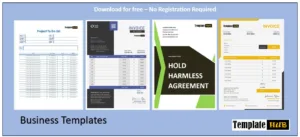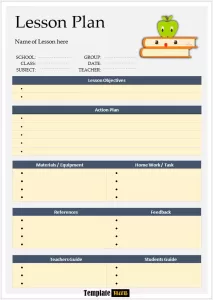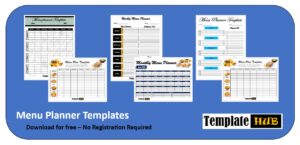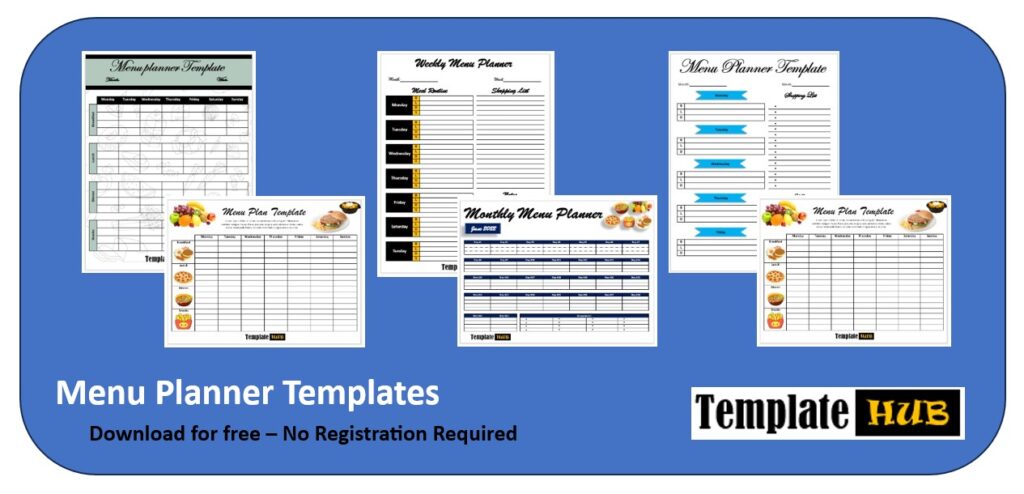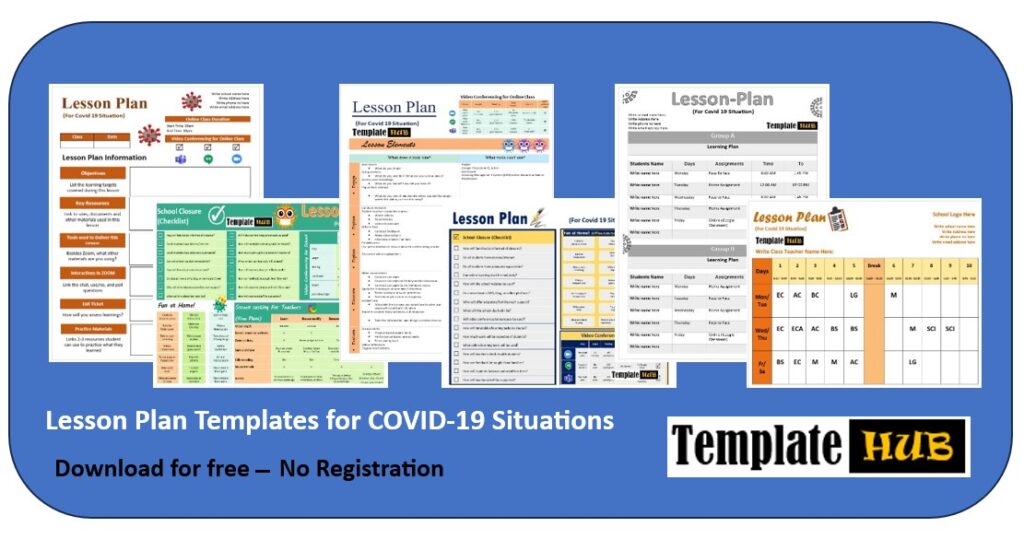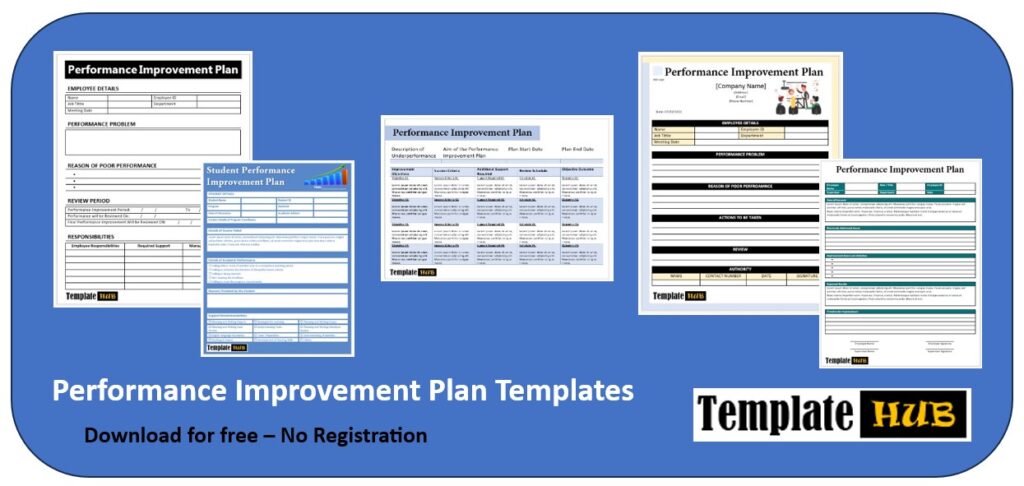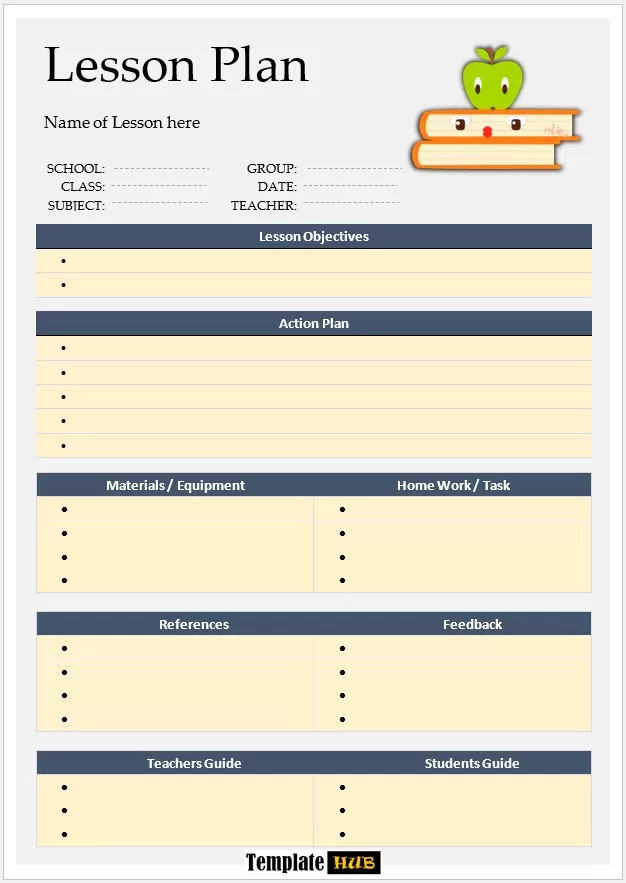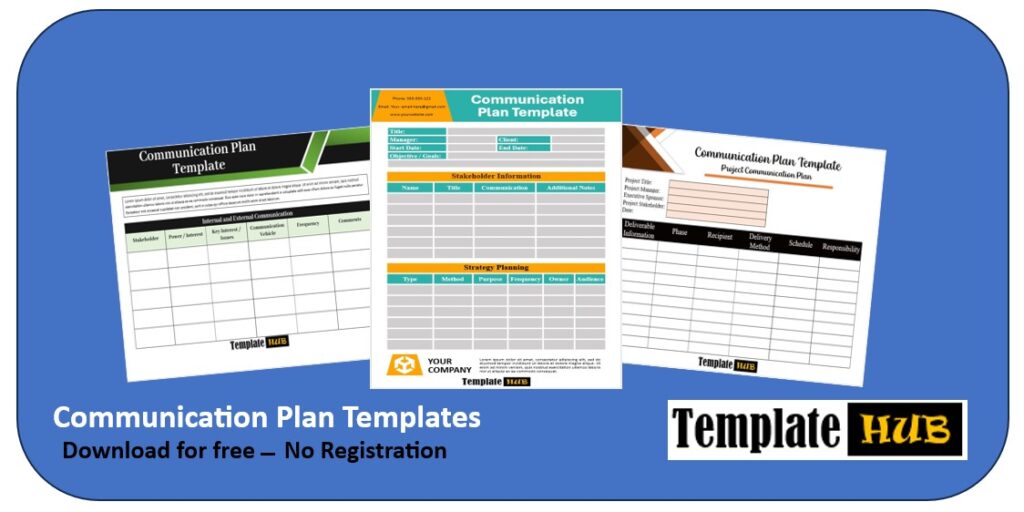Download these 10 Free Marketing Plan Templates in MS Excel Format to help you prepare your Marketing Plan easily.
As a Marketing Manager or Creator, you’re likely familiar with the constant demands from bosses and clients for unique and creative marketing strategies. This is a common challenge in the field of marketing. However, when it comes to incorporating creativity into a marketing plan, there is a delicate balance to maintain. Excessive creativity can overwhelm a client, making the concept too complex to grasp, which might lead to immediate rejection of the plan. On the other hand, opting for a traditional, albeit proven approach can seem outdated and unappealing, as clients often seek fresh ideas distinct from what everyone else is doing. Therefore, the key is to infuse just the right amount of creativity into your marketing plan, ensuring it is both innovative and accessible, aligning perfectly with client expectations and market demands.
Free Marketing Plan Templates
Here are 10 Free Marketing Plan Templates prepared using MS Excel to help you prepare your Marketing Plan quickly.
Guidelines to create a Creative Marketing Plan:
Define your Marketing Goal:
It is indispensable that one clearly defines one’s goals before embarking on designing marketing strategies. The beginning step of this activity is to determine the specific purpose of your marketing plan, without considering how exactly they will realize this plan happen. This may involve increasing the volume of goods sold or raising the level of brand awareness among customers within specific target markets.
The following goals will ensure a professional as well as comprehensive marketing plan. To ensure these goals are effective and actionable, they should be SMART:
- Specific: Clearly define what you want to accomplish. Avoid vague objectives.
- Measurable: Establish concrete criteria for measuring progress toward the achievement of each goal.
- Achievable: Ensure that the goals are attainable and not out of reach.
- Realistic: Set goals that are practical and relevant to your business capabilities and market conditions.
- Time-framed: Assign a specific timeline for achieving the goals to create urgency and promote accountability.
When you have SMART targets, you can develop a concentrated and efficient marketing plan that steers one’s actions in addition to giving an evaluation measurement matrix of how far success has been achieved.
Select Key Performance Indicators:
When creating a marketing plan it is important to find out what the main Key Performance Indicators (KPIs) within it are. These are crucial metrics that assist in gauging how well your marketing efforts are performing, and whether or not they are helping you to attain your goals. For your information, not every functionality or measure may become a KPI ; KPIs should be those most vital and consequently well linked to the goals of your company.
Here’s a more structured way to approach this:
- Identify Business Objectives: Let us begin by defining what you hope to accomplish with your marketing strategy. If you want more people to know about your brand, or instead obtain more clients, then what you are looking for is improving customer loyalty — these are your suggested KPIs, regardless of what you wish to attain from our strategy.
- Select Relevant KPIs: Go for KPIs that indicate how close you are getting to achieving your strategic goals. If you, for example, aim at growing revenue from your business, the appropriate KPIs would be growth in monthly sales, conversion rate, or average transaction size.
- Limit the Number of KPIs: It is a little tempting to track many metrics. However, concentrating on a few KPIs ensures clarity and efficiency. Numerous KPIs can scatter your attention or make a hard analysis of marketing efforts.
- Review and Adjust: KPIs should be changeable. As your business context and goals change, your KPIs should also change. To keep them current and consistent with the company’s strategic objectives, KPIs need to be reviewed and adjusted on a regular basis.
A more targeted and effective marketing plan that tracks performance efficiently but also drives substantial improvements in your marketing strategies can be created by focusing on a select group of meaningful KPIs.
Understand the Audience:
A lot of marketing strategies do not work simply because the audience of the market was not considered while planning. Being a wise marketer implies that you need to position yourself into the mind of a potential buyer of your product or service and then devise a strategy that would be in line with what he would love to hear or see in a product. Penetration of these particular people who matter most in your product is vital for a successful advertising method.
Understand the benefits of your Product:
While creating a marketing plan for your product or service, you should understand the product. You need to answer some basic questions such as; the advantages of your product, what problem it solves and how better it is compared to your competitor’s product. Once you grasp these specific features of your product, it becomes easier to depict its image to the target audience.
Prepare a Specific Budget:
It is impossible to know how many marketing plans are shut or closed down simply because the customer does not want to spend more than his limit even though the marketing plan is working perfectly. This is what should not be found in a creative marketing plan. For instance when creating a marketing plan you should be able to estimate the budget it will require, where the money will come from what sort of internal as well as external resources are needed for its implementation and also how you are going to keep track of what is being spent so that you do not go beyond your budget limits.

Kamran Khan is a seasoned blogger with a deep-seated passion for office document processes and the art of productivity. With a wealth of experience spanning over a decade, Kamran has become a trusted name in the blogging community, known for his insightful articles and practical solutions that help individuals and businesses streamline their daily operations.





